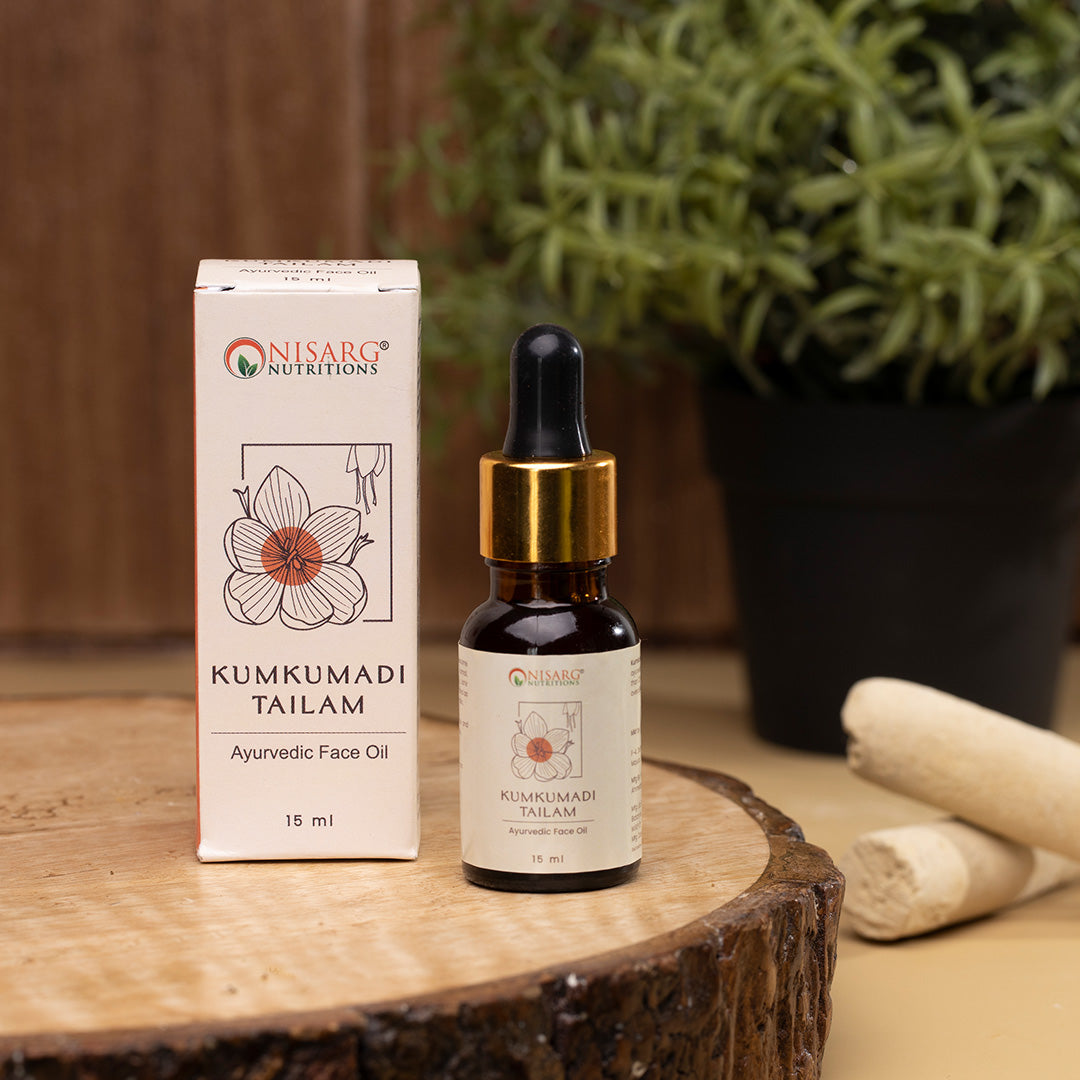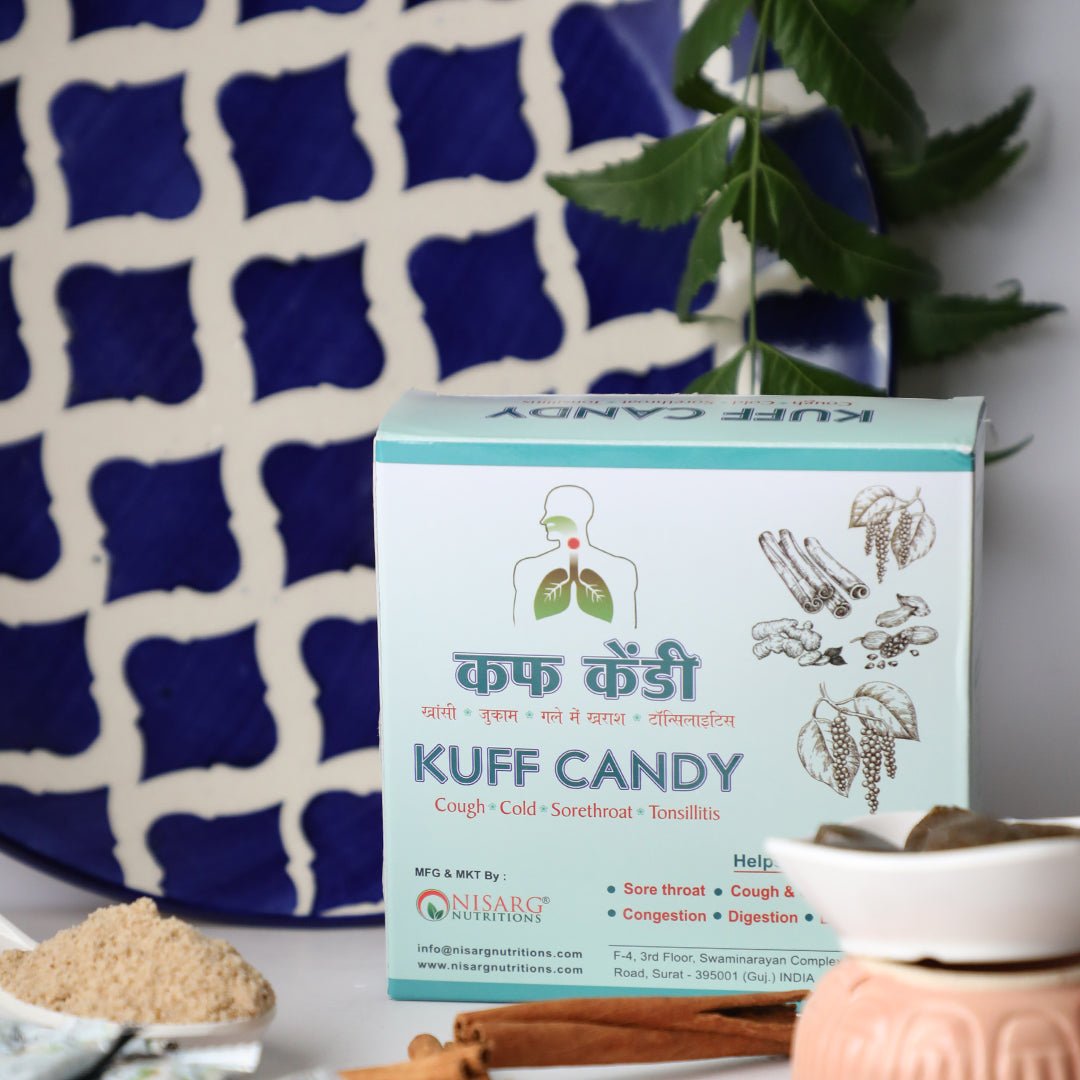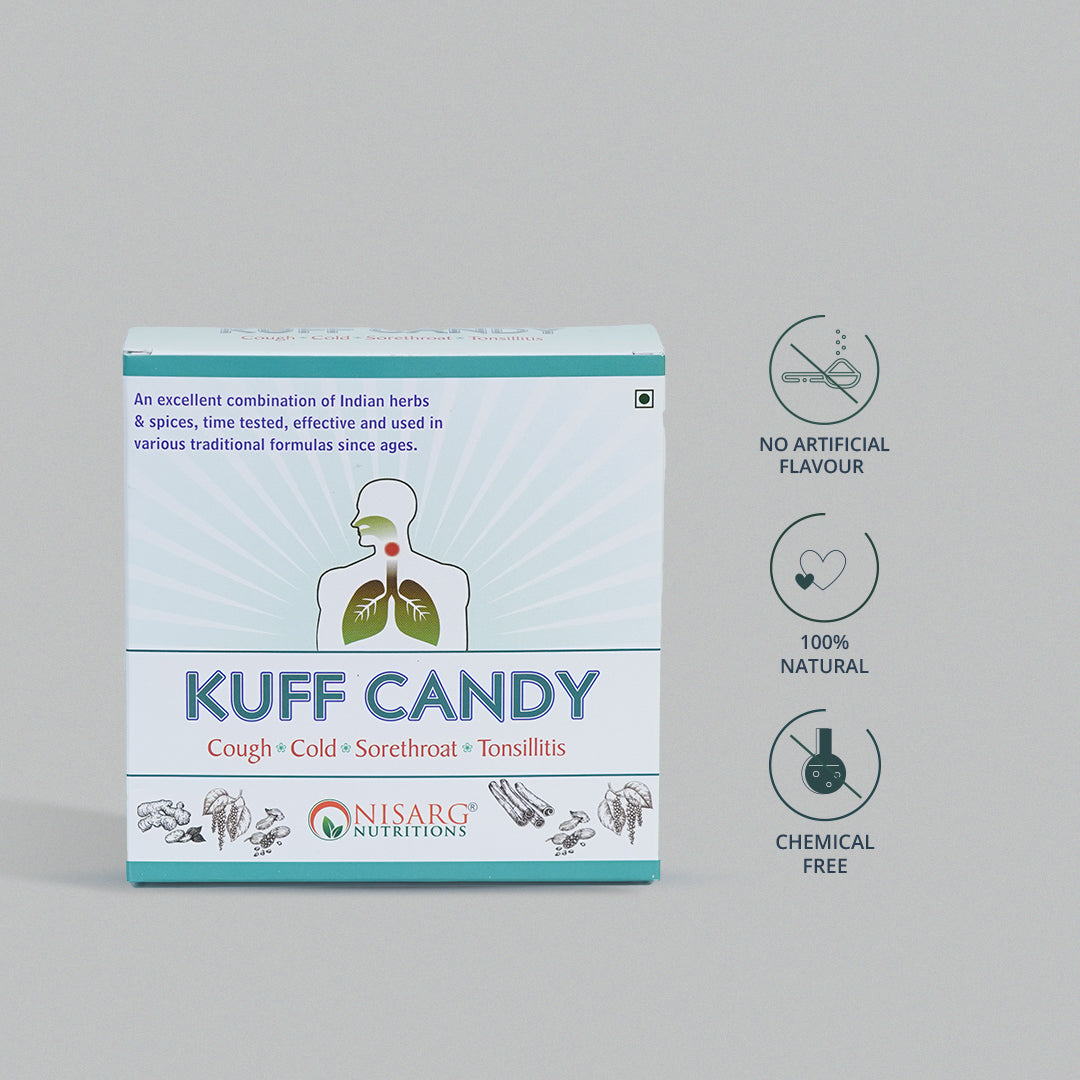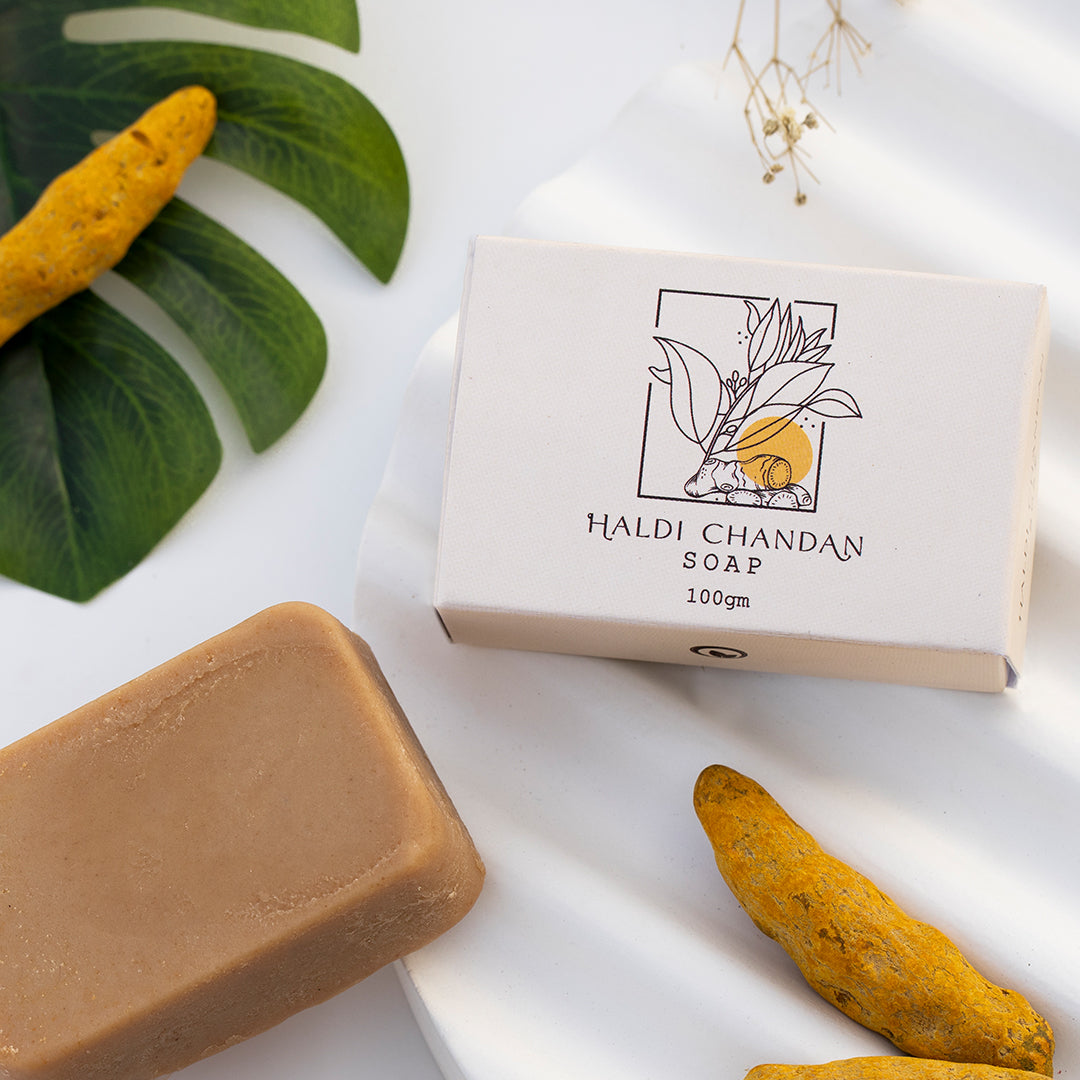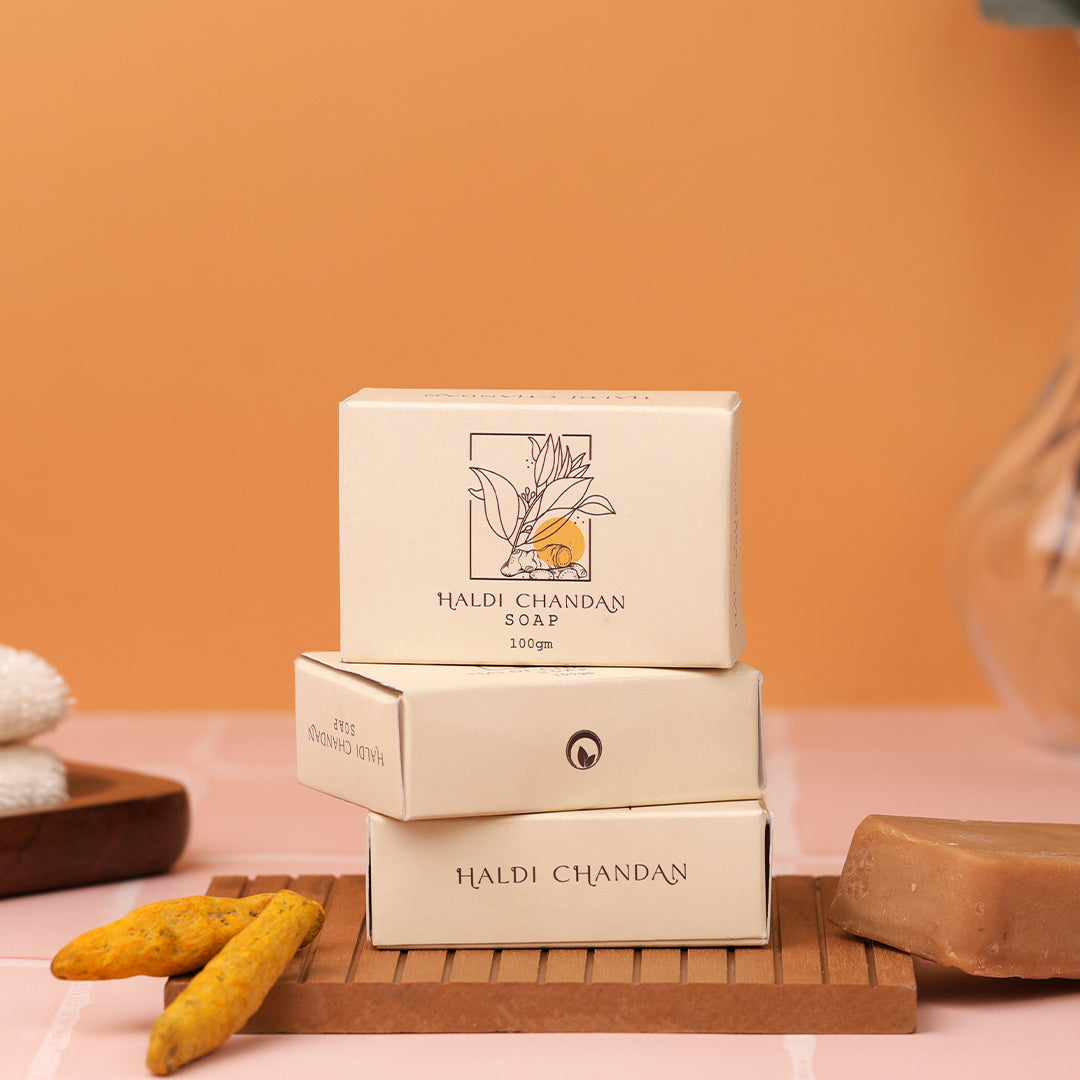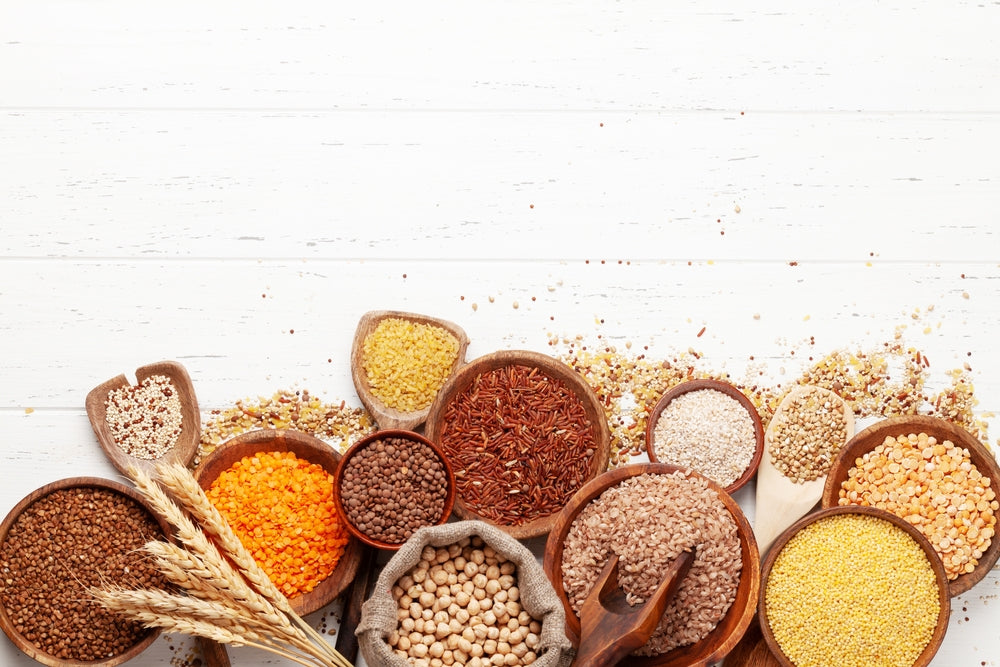International Millet Day is observed on 19th December every year to celebrate the significance of millet in our lives. Millets are one of the oldest cultivated grains in the world, and India is the largest producer of millets. Millets are an important part of our diet and are gaining popularity due to their numerous health benefits. Let’s discuss the different types of millet in India and their benefits.

Finger Millet (Ragi):
Finger millet or Ragi is a staple food in many parts of India, especially in the southern states. Ragi is a rich source of calcium, iron, and protein. It is gluten-free, making it an excellent alternative for people with celiac disease or gluten intolerance. Ragi is also low in glycemic index, making it an ideal food for people with diabetes.
Pearl Millet (Bajra):
Pearl millet or Bajra is widely cultivated in India, especially in the western and northern states. It is rich in protein, fibre, and minerals such as iron, calcium, and magnesium. Bajra is also a good source of essential amino acids and is gluten-free, making it an excellent food for people with gluten intolerance.

Sorghum (Jowar):
Sorghum or Jowar is a widely cultivated cereal grain in India. It is a rich source of protein, iron, calcium, and dietary fibre. Sorghum is gluten-free and is an excellent food for people with celiac disease or gluten intolerance. Sorghum is also low in glycemic index, making it an ideal food for people with diabetes.
Foxtail Millet (Kangni):
Foxtail millet or Kangni is a small-grained, gluten-free cereal. It is a rich source of dietary fibre, protein, and minerals such as iron, calcium, and magnesium. Foxtail millet is also low in glycemic index, making it an ideal food for people with diabetes.
Little Millet (Kutki):
Little millet or Kutki is a small-grained cereal that is gluten-free. It is a rich source of dietary fibre, protein, and minerals such as iron, calcium, and magnesium. Little millet is also low in glycemic index, making it an ideal food for people with diabetes.
Kodo Millet (Kodon):
Kodo millet or Kodon is a small-grained cereal that is gluten-free. It is a rich source of dietary fibre, protein, and minerals such as iron, calcium, and magnesium. Kodo millet is also low in glycemic index, making it an ideal food for people with diabetes.

Barnyard Millet (Sanwa):
Barnyard millet or Sanwa is a small-grained cereal that is gluten-free. It is a rich source of dietary fibre, protein, and minerals such as iron, calcium, and magnesium. Barnyard millet is also low in glycemic index, making it an ideal food for people with diabetes.
Benefits of Millets:
Rich in Nutrients:
Millets are a rich source of nutrients such as protein, fibre, vitamins, and minerals. They are also rich in antioxidants that help in fighting free radicals in the body.
Gluten-Free:
Millets are naturally gluten-free, making them an excellent alternative for people with celiac disease or gluten intolerance.
Low Glycemic Index:
Millets have a low glycemic index, which means they release sugar slowly into the bloodstream, making them an ideal food for people with diabetes.

Helps in Weight Loss:
Millets are rich in dietary fibre, which helps in keeping the stomach full for a longer time. This, in turn, reduces cravings and promotes weight loss.
Supports Digestive Health:
Millets are rich in dietary fibre, which helps in promoting digestive health. fibre helps in maintaining regular bowel movements, preventing constipation, and reducing the risk of colon cancer.
Good for Heart Health:
Millets are rich in fibre and minerals such as magnesium, which helps in maintaining heart health. fibre helps in reducing cholesterol levels in the body, while magnesium helps in reducing blood pressure levels.
Helps in Managing Diabetes:
Millets have a low glycemic index, which means they release sugar slowly into the bloodstream, preventing sudden spikes in blood sugar levels. This makes millet an ideal food for people with diabetes.
